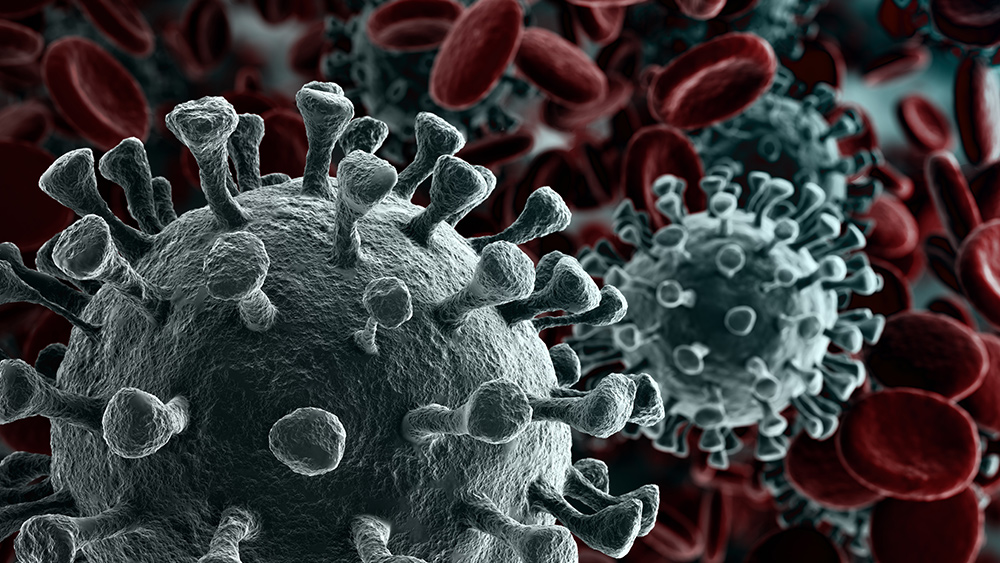Why are fermented foods so great for your gut health?
02/10/2020 / By Grace Olson

Fermented foods like yogurt and kimchi are popular health foods. While many studies have found that they offer plenty of health benefits, the science behind how they do so is not well-understood.
But a recent study published in PLOS Genetics revealed that a cell receptor called HCA3 is key to understanding how fermented foods benefit human health. Researchers from various institutions in Germany found that this protein is especially receptive to a byproduct of lactic acid bacteria activity called D-phenyllactic acid (D-PLA).
“We are convinced that this receptor very likely mediates some beneficial and anti-inflammatory effects of lactic acid bacteria in humans,” said senior study author Claudia Staubert.
How eating fermented foods benefits gut health
Fermented foods refer to foods that have gone through lactofermentation. This process involves the production of lactic acid by natural bacteria as they feed on the sugar and starch in food. Besides this organic acid, fermentation also produces beneficial enzymes, B-vitamins, probiotics and omega-3 fatty acids. Fermentation has been practiced for centuries by many cultures as a means of food preservation.
According to studies, lactic acid bacteria (LAB) exert beneficial effects on human health, particularly the gut’s. The human gut is home to trillions of microorganisms whose diversity and activities affect immune and digestive functions.
For their study, Staubert and her team focused on the biology behind the effects of LAB on human physiology. They suspected that hydroxycarboxylic acid (HCA) receptors are somehow involved as these proteins also serve as “regulators of immune functions and energy homeostasis under changing metabolic and dietary conditions.”
Unlike most mammals, who only have two HCA receptors (HCA1 and HCA2), humans and apes have three. The third receptor, HCA3, can be found not only in human immune cells, but also in lung, skin and fat cells. After conducting a series of experiments, the researchers discovered that HCA3 interacts with the LAB metabolite, D-PLA. D-PLA has strong antimicrobial properties and is found in high concentrations in LAB-fermented foods.
The researchers found that the binding of D-PLA to HCA3 alerts the immune system to the presence of the bacteria inside the body. Besides modulating human immune functions, Staubert and her team are convinced that this interaction is what allows fermented foods to exert other beneficial effects, such as protecting the intestinal barrier, limiting the production of pro-inflammatory molecules and improving fasting insulin levels, among others.
Other benefits of eating fermented foods
Fermented foods are considered as staples in many countries. Owing to the fermentation process, these functional foods provide more nutrition than their unfermented forms. Here are the other notable health benefits they offer which are backed by science: (h/t to Healthline.com)
- They improve digestive health
- They boost immune function
- They make food easier to digest
- They promote mental health
- They aid in weight loss
- They reduce the risk of heart disease
Fermented foods are generally safe for consumption, although some people may notice side effects. The most commonly reported ones are a temporary increase in gas and abdominal bloating. When purchasing fermented products, check the label and avoid those that contain added sugar or large amounts of salt and fat. Alternatively, you can make your own fermented foods at home to ensure the safety and quality of what you’re eating.
Sources include:
Tagged Under: clean food, fermentation, fermented food, food cures, food is medicine, functional food, gut health, immune system, kimchi, natural medicine, nutraceuticals, research, sauerkraut



















